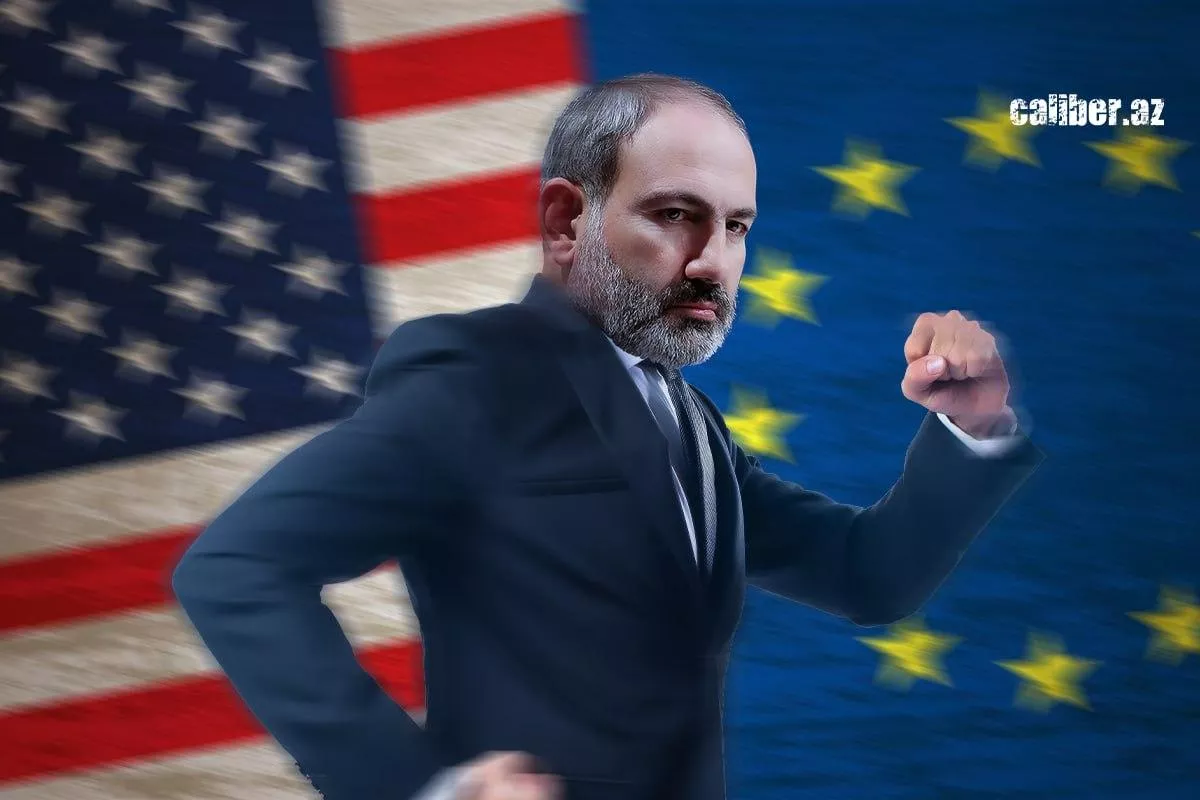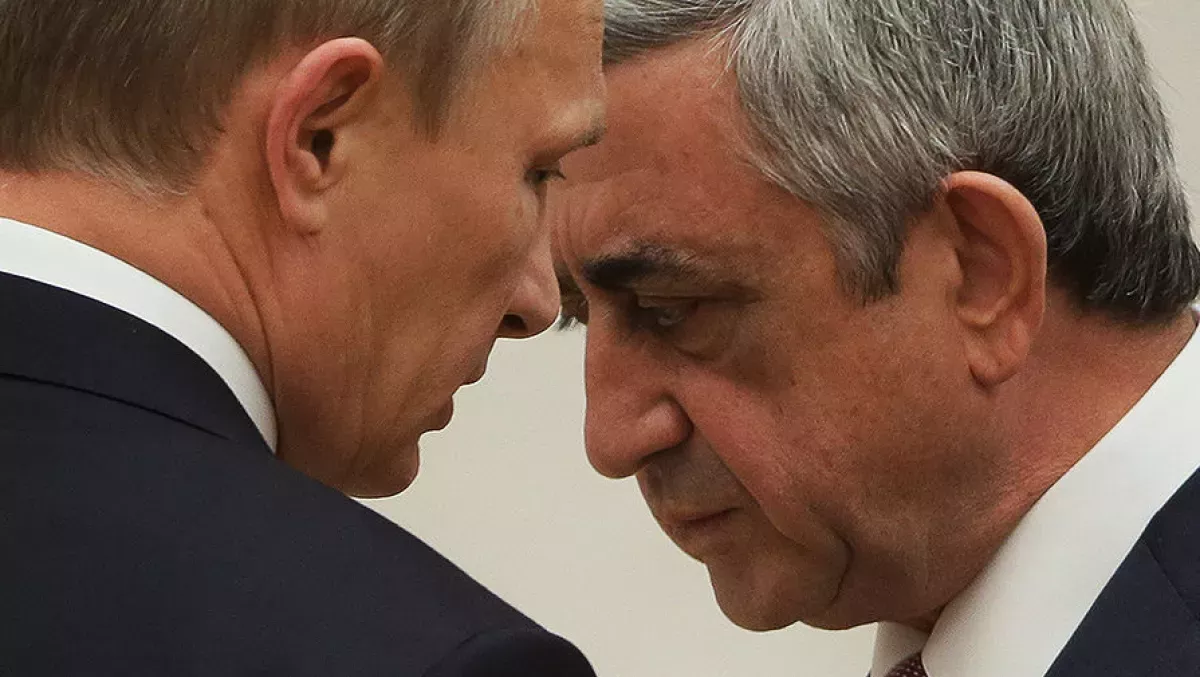Azerbaijan's trade success with EU exposes Armenia's lack of concrete progress Figures vs. Slogans
Figures have always prevailed over emotions in any debate. It is the numbers that clearly point to a country's foreign policy orientation and its appeal on the international stage.
Another proof of this undeniable truth is the comparative data on Armenia's foreign trade turnover with the EU and Russia. The data from 2017 and the current year were compared. In 2017, the EU's share in Armenia's total foreign trade was 24.3 per cent, while Russia's share was 26.7 per cent.
However, by 2024, the EU's share in Armenia's foreign trade has dropped to 7.2 per cent, while Russia's share has risen to 41.1 per cent. The Armenian embassy in Russia publishes all this data with pleasure. The goal is clear – to demonstrate how actively the embassy is working to strengthen economic ties between Armenia and Russia.
But whether intentionally or out of ignorance, they revealed something entirely different – a stark discrepancy between Armenia's foreign trade statistics and the loud, pompous statements from officials in Yerevan claiming that Armenia is one of the most "Europe-oriented" countries. This claim extends not just to the South Caucasus, but to the entire post-Soviet area.

In 2017, Serzh Sargsyan was the Armenian president, who was rightly considered a politician oriented toward Russia rather than Europe. As we can see, during his tenure, the EU’s share in Armenia’s foreign trade was three times more than it has been during Prime Minister Nikol Pashinyan's time in office. By the way, former German Chancellor Angela Merkel has recently published her memoirs titled "Freedom".
In the book, Frau Merkel dedicates a section to the first Eastern Partnership summit, which took place in Prague on May 7, 2009. Merkel notes that the members of this format (Azerbaijan, Armenia, Georgia, Moldova, Belarus, and Ukraine) were given the opportunity to negotiate with the EU on signing association agreements, which included the establishment of a free trade area.
Merkel wrote in her memoirs that Azerbaijan, which had its own oil and gas reserves, had never shown any intent to seal an Association Agreement with Europe. Armenia’s President Serzh Sargsyan had first declared an interest in principle, but then performed a U-turn after paying a visit to Vladimir Putin in September 2013; he now wished to join the Russian customs union.

It’s true. At that time, Sargsyan tried to create the appearance of some sort of balance in his foreign policy. But then the instructions were immediately given to him. It seemed that Pashinyan, who overthrew him through the "barbecue revolution" and even had time to ride a bicycle around Paris, was expected to increase the EU's share in Armenia's foreign trade. However, as the figures show, he did the exact opposite – he rapidly increased trade with Russia, which is under heavy sanctions from the EU and the US.
In an interview with Izvestia newspaper, Russia’s ambassador to Armenia Sergey Kopyrkin said that in the first half of this year, trade turnover between Russia and Armenia exceeded $8.3 billion, surpassing the total for 2023, which was $7.4 billion. Kopyrkin emphasised that he hopes to maintain this momentum and reach a record $14-16 billion by the end of the year. The figures, to be honest, are shocking. They indicate that Armenia should be examined as a country actively assisting Russia bypass US and EU sanctions.
Trade turnover between Russia and Armenia can not be more than Russia's trade turnover with Azerbaijan. In January-November 2022, Azerbaijan's trade turnover with European countries exceeded $26.229 billion, with these countries accounting for 53.29 per cent of the total foreign trade turnover of the republic. These are the figures provided by the Azerbaijani State Customs Committee.
During the first eleven months of this year, Azerbaijan's trade turnover with European countries increased by $12.807 billion year-on-year. Azerbaijan, which has never sought EU membership, has the highest and most significant trade turnover with the EU, including growth this year.
Meanwhile, Armenia, a member of the Eurasian Economic Union, assisting Russia bypass Western sanctions, constantly boasting of its desire to join the family of European countries, has actually reduced its trade turnover with the EU. The politicians, political analysts, and journalists from European countries, especially the French, tend to overlook this fact.
Those same individuals who are quick to tarnish Azerbaijan's reputation based on fake news and fabricated stories. It seems inconvenient for them to acknowledge the obvious: that there is a significant gap between the words and actions of Armenia’s leadership. In reality, Azerbaijan is far more important to the EU than Armenia, which, under Pashinyan, continues avoiding decisive moves.








